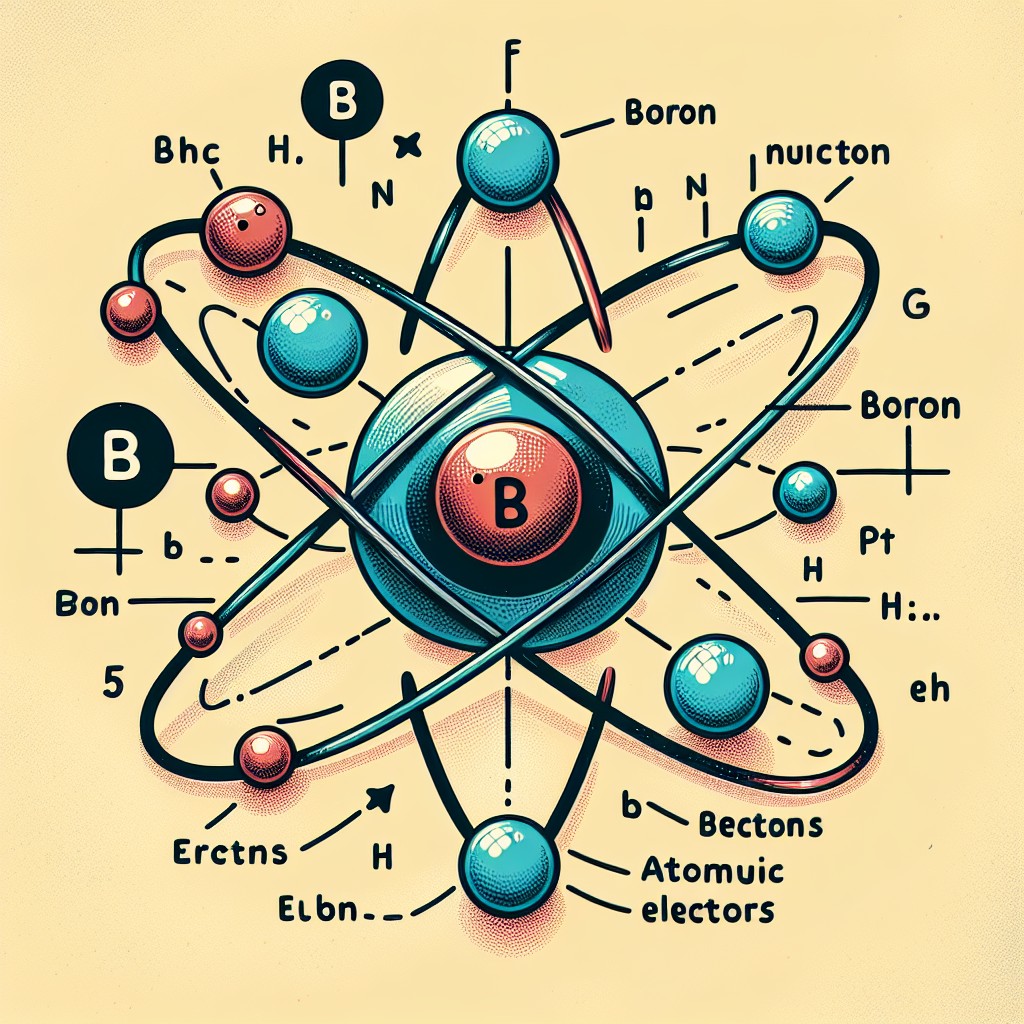| Date | Type | Event |
|---|---|---|
| 1922-01-23 | In 1922 Insulin was first used to treat diabetes. Fourteen-year-old Leonard Thompson was the first human to be treated with insulin in Toronto, Canada. Previously the only treatment was a diet low in carbohydrates and sugars but high in fat and protein gaining patients up to a year after diagnosis. But in 1921 at the University of Toronto, Canadian scientists Charles Best and Frederick Banting successfully performed tests on canine subjects proving that insulin was the key. The discovery saved millions of lives, earning Frederick Banting and J.J.R. MacLeod (as scientist who assisted in human trials) the Nobel Prize for Medicine in 1923. | |
| 1922-07-24 |
In 1922 the League of Nations passed the Draft for the British Mandate of Palestine which would take effect on the 24th of September 1923.
In the 6th century the Babylonian King, Nebuchadnezzar, began conquering the Kingdom of Judah (now part of what was Palestine and now Israel). The Jewish people left the Judah and the Land of Israel and began living in as immigrants in foreign lands also known as “Jewish diaspora” in Yiddish. The Jewish immigrants were often persecuted by various countries throughout their history. Palestine had been conquered in 643 AD by the Islamic Empire but the majority of the population remained Christian for centuries, throughout the crusades, until Saladin’s conquest of the land in 1187.
In the 19th Century a great number of Jews and some people of other faiths began to support the idea of the Jewish people returning home to the Holy Land, an act known as Aliyah, and the creation of a Jewish homeland once more. This movement was known as Zionism and by 1882 a large scale immigration of Jews to Palestine began.
In 1840 Palestine became under the administration of Ottoman Empire and by 1917 the First World War had reached most of Palestine and the Holy City of Jerusalem. The Arabs in Palestine had already planned to start an uprising against the Ottoman Empire and the British gave assurances that they would support an uprising and guarantee the Independence of the Arabs if they were successful. British and other Commonwealth forces managed to secure Jerusalem by the end of 1917 and by the 25th of September 1918 they had freed Palestine from the Ottoman forces. However the United Kingdom did not keep its promise to the Palestinians. On the Second of November the Foreign secretary, Arthur Balfour, also promised to support a home for the Jewish people in Palestine in a letter known as the Balfour Declaration. At the end of World War I administration of the Ottoman Empire was divided by the Allied powers and Britain received a Mandate from the league of Nations to Govern Palestine.
The Arabic people were understandably furious and the United Kingdom had to deal with many several riots. More over many Zionist-Jewish-Palestinians were unhappy as they wanted a Jewish homeland of their own in Palestine. One such group was Irgun, a Zionist Paramilitary group that had been known to have carried out terrorist acts. It was believed that Amichai Paglin, head of Operations for Irgun, had been involved with several terrorist attacks on the King David Hotel, which was the base of operations for the British administration in Palestine. On the 29th of June 1946 the British forces conducted “Operation Agatha” which involved raiding the premises of “the Jewish Agency” and Irgun to gather evidence of their involvement in terror attacks. Thousands of arrests were made and documents confiscated. The documents were taken to the British Administration headquarters at the King David Hotel. On the 22nd of July 1946 the Irgun planted an explosive device in the basement of the hotel. A Bomb threat was called in but 91 people were killed and another 46 were injured.
After World War II the United Kingdom made requests for an end to their Mandate of Palestine and the newly formed United Nations gave an order for its completion on the 14th of May 1948. The United Nation created a partition plan for Palestine which would divide the country into an Israeli State (around 56% of the land) and the Arab State with the Holy City of Jerusalem as an international regime. This plan was agreed by the Jewish Palestinians but rejected by the Arabic Palestinians. After the UN General Assembly voted in agreement of the plans on the 30th of November 1947 the Arab State members of the United Nations requested that the resolution go before the International Court of Justice to determine its legitimacy but their request was denied. On the day of the vote civil war broke out in Palestine.
The British Mandate of Palestine ended on the 14th of May 1948 and on the same day the Jewish community declared their independence as a separate state of Israel. The Arab-Israeli war of 1948 began the following day as the neighbouring Arab States began to engage the Israeli military in open combat. Both Jewish and Arab Palestinians had been building forces for several years in anticipation for war and by the start Israeli forces outnumbered the Arabic Palestinians with 35,000 to 12,000 troops. After 10 months of fighting, with intermittent cease fires, the Arab-Israeli War ended on the 10th of March 1949. The State of Israel claimed all the allocated land as proposed to them by the UN Resolution and in addition the also claimed over 60% of the land that had been allocated to the Arab State of Palestine. 700,000 Arabic Palestinians were expelled from their homes and forced to flee.
Fighting between the State of Israel and Arabic Palestinians remains with no signs of resolution. | |
| 1922-11-14 | In 1922 the BBC began its first radio broadcast | |
| 1922-12-30 | On December 30, 1922, the Union of Soviet Socialist Republics (USSR) was formally established under the leadership of Vladimir Lenin. On December 30, 1922, the Union of Soviet Socialist Republics (USSR) was officially established, marking the beginning of a new era in global politics and the consolidation of communist rule in Eastern Europe and Asia. The formation of the USSR was a direct outcome of the Russian Revolution of 1917, which overthrew the Tsarist regime and led to the rise of the Bolsheviks, a faction of the Marxist Russian Social Democratic Labour Party, under the leadership of Vladimir Lenin. The creation of the USSR brought together four founding republics: Russia, Ukraine, Belarus, and the Transcaucasian Socialist Federative Soviet Republic (comprising present-day Georgia, Armenia, and Azerbaijan). The union was intended to be a federation of equal nations, based on socialist principles, and was designed to transcend the ethnic and national divisions that had plagued the Russian Empire. Lenin and the Bolsheviks envisioned the USSR as a model for international socialism, with the goal of inspiring communist revolutions worldwide. The establishment of the USSR formalized a highly centralized political system led by the Communist Party, with power concentrated in Moscow. Lenin's leadership was instrumental in shaping the ideological foundation of the new state, emphasizing class struggle, state ownership of the means of production, and the dictatorship of the proletariat. However, the union also faced significant challenges, including economic devastation from the Russian Civil War, resistance from anti-Bolshevik forces, and the need to rebuild a fragmented society. Over time, the USSR would expand to include 15 republics, becoming a superpower that played a pivotal role in shaping 20th-century history. Its establishment on December 30, 1922, symbolized the culmination of years of revolutionary struggle and the beginning of a complex, often contentious, chapter in global geopolitics. The USSR's influence on world affairs, its role in the Cold War, and its legacy in the post-Soviet states remain subjects of significant historical study and debate. |



